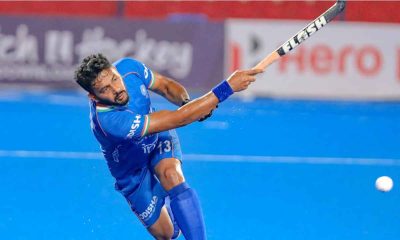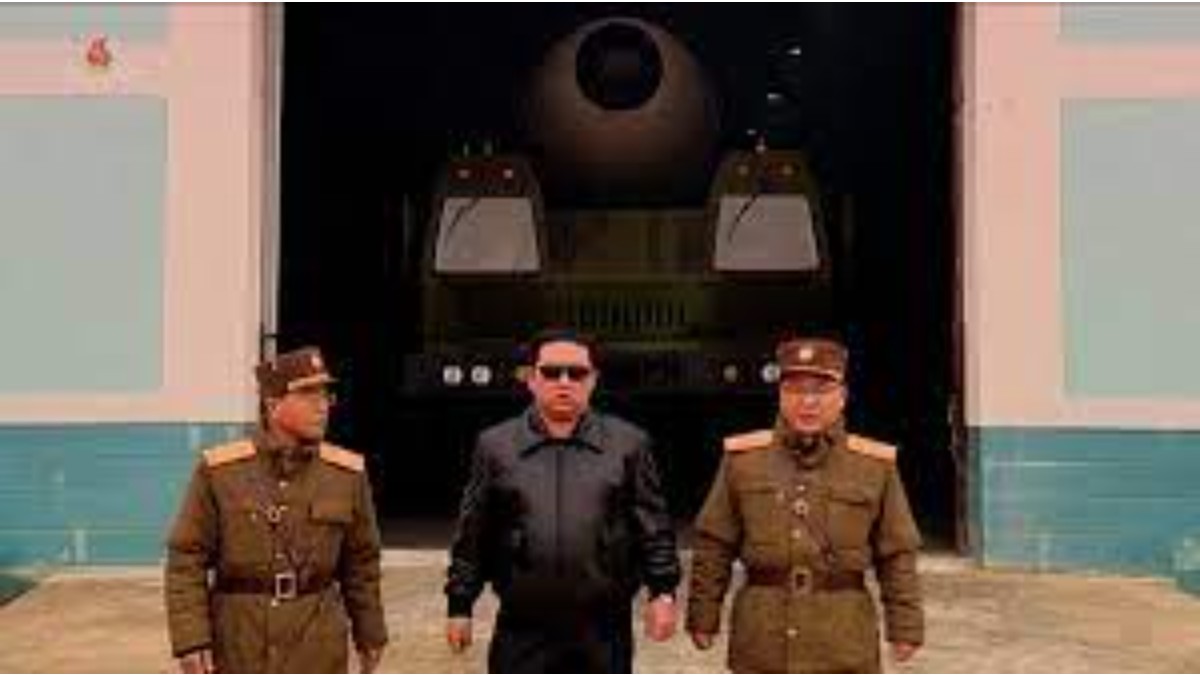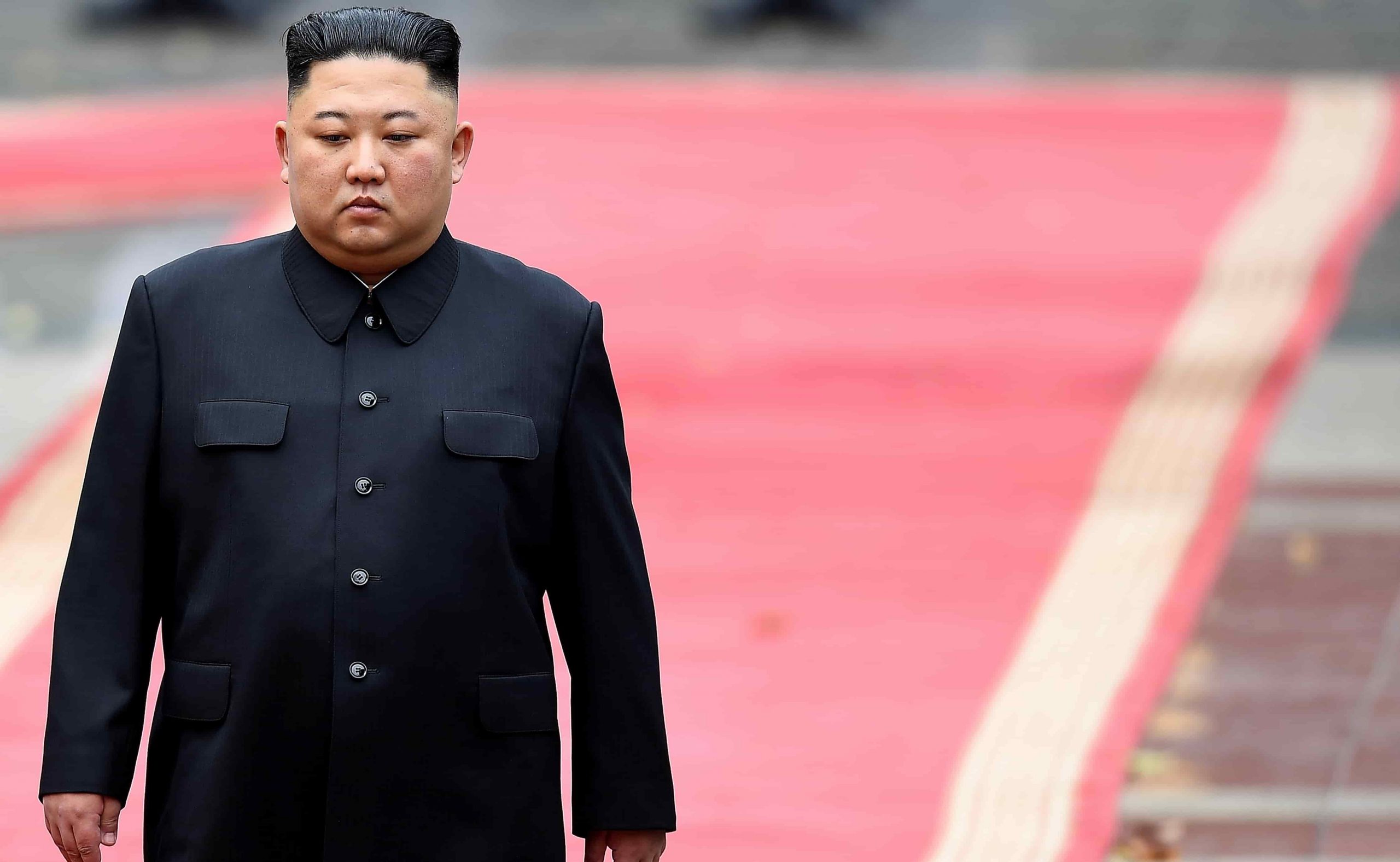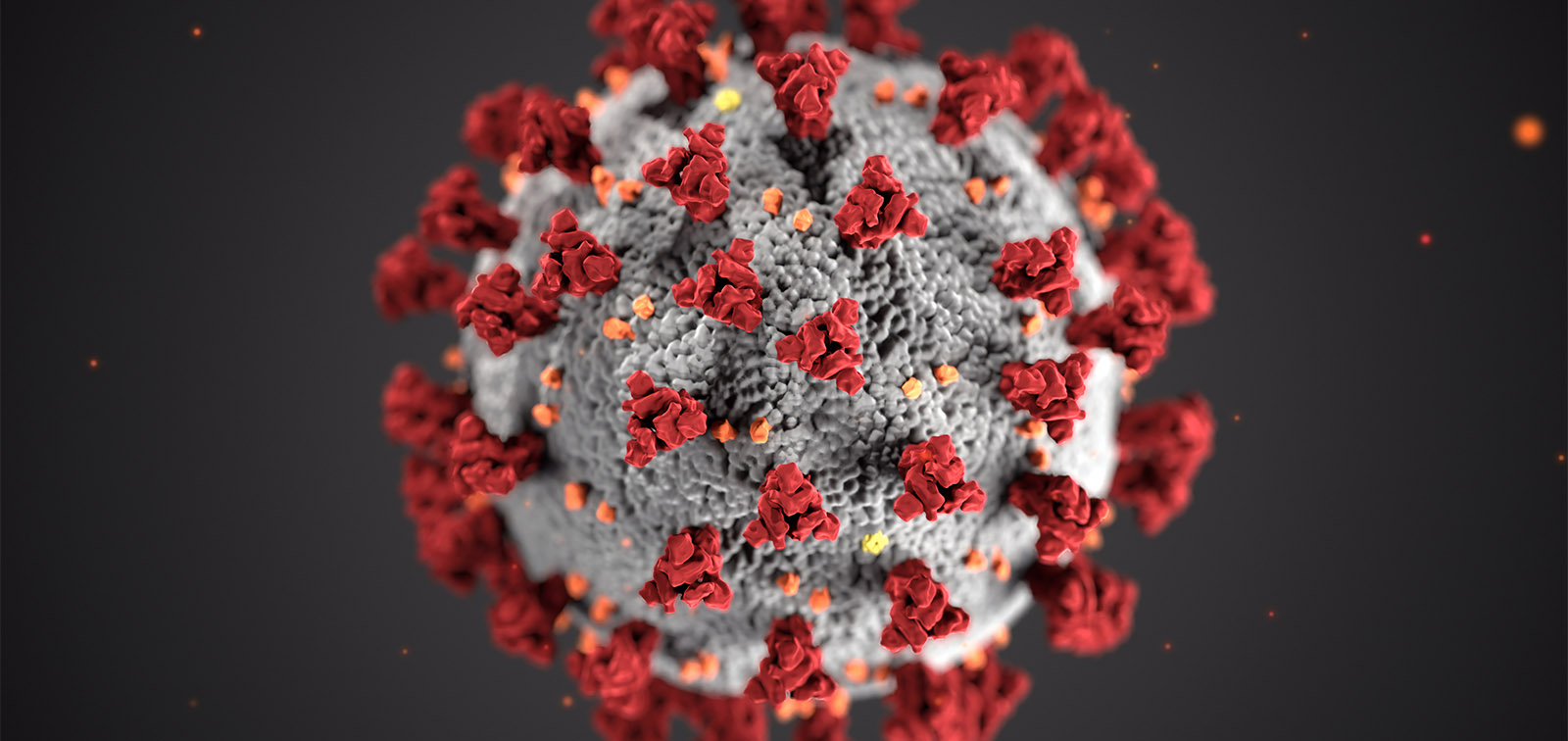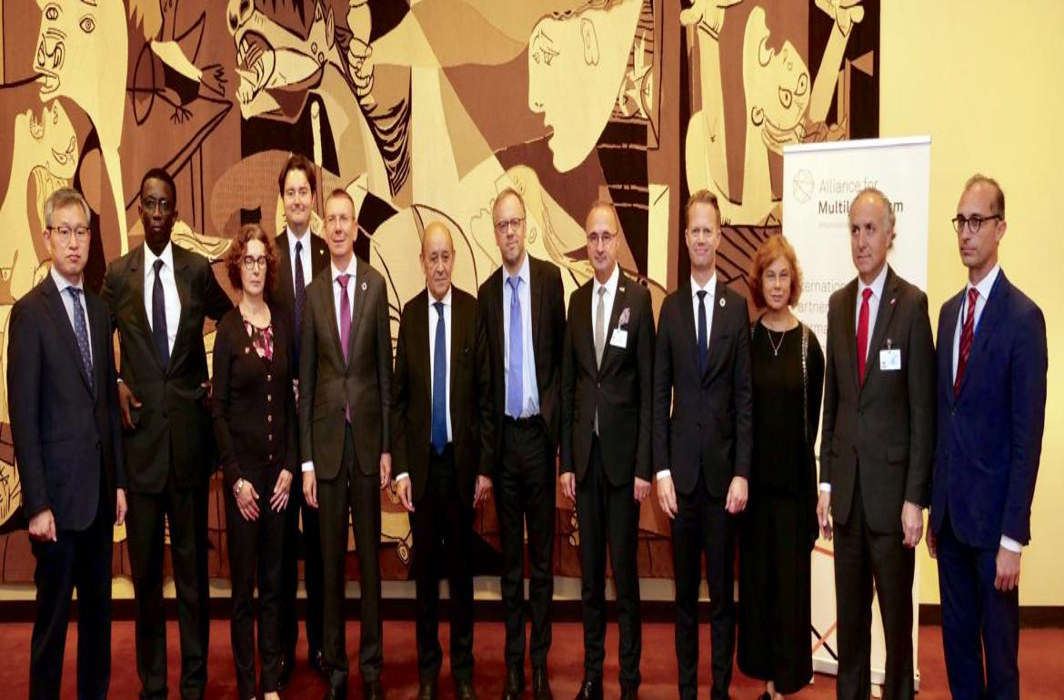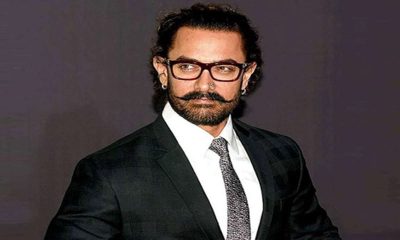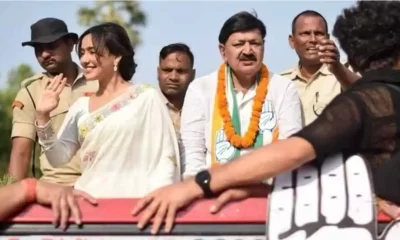Latest world news
Two Korean Leaders to Meet In Pyongyang

South Korean high ranking officials met Kim Jong un Wednesday
In a major development, leaders of North and South Korea have agreed to meet from September 18 to 20 in Pyongyang to discuss “practical measures” towards denuclearisation. This would be their third summit in six months time.
According to Seoul based The Korea Times, National Security Office head Eni-yong told reporters at Cheong Wa Dae, the presidential palace, “During the three-day meeting, the leaders of the two Koreas will discuss ways to improve inter-Korean relations and achieve denuclearization such as the North’s possible concessions to hand over a list of its nuclear arsenal.”
The daily further reports that the announcement came a day after a group of South Korean President Moon’s five envoys led by Chung, returned from Pyongyang, where they met the North Korean leader Kim Jong Un and delivered President Moon’s letter. The envoys also delivered messages from US to North Korean side, Chung said.
Read More: Inter-Korean Summit To Be Held In Pyongyang in September
North Korean official news agency KCNA watch reports that Kim Jong Un received the members of the special envoy delegation of the South Korean President Moon Jae In who visited Pyongyang on Wednesday at the headquarters of the WPK Central Committee.
 According to North Korea’s state news agency KCNA, the North Korean leader reportedly said, during his meeting with South Korean envoys, that it was his country’s “fixed stand and his will to completely remove the danger of armed conflict and horror of war from the Korean Peninsula and turn it into a cradle of peace without nuclear weapons and free from nuclear threat”.
According to North Korea’s state news agency KCNA, the North Korean leader reportedly said, during his meeting with South Korean envoys, that it was his country’s “fixed stand and his will to completely remove the danger of armed conflict and horror of war from the Korean Peninsula and turn it into a cradle of peace without nuclear weapons and free from nuclear threat”.
The visit by the South Korean envoys delegation to Pyongyang came amid a deadlock on the North’s nuclear weapons programme, with US efforts to dismantle the arsenal stalled for weeks.
Read More: North and South come closer on Korean Peninsula
During the June 12 summit in Singapore, US President Donald Trump his North Korean counterpart Kim Jong un vowed to work towards the “complete denuclearisation of the Korean Peninsula”, but their agreement was short on details on what that meant and how it would be achieved.
Having no progress in denuclearization process, US President Donald Trump cancelled Secretary of State Mike Pompeo’s trip to Pyongyang after the North reportedly sent a belligerent letter to the US president last month.
However, Kim told the South Korean officials on Wednesday that his faith in Trump remains “unchanged” and he wanted to denuclearise and end long-standing hostile relations between North Korea and the US during Trump’s first term ending early 2021.
Kim’s remarks to South Korean officials mark the first time that the North Korean leader has offered a potential timeline for dismantling his country’s nuclear weapons programme.
Read More: North and South Korean leaders to hold summit on April 27
South Korean senior official was quoted saying, “Chairman Kim asked us to convey the message to the US that the US [should] help create situations where he would feel his decision to denuclearise was a right move”.
North and South Korea remain technically at war as the 1950-53 Korean War ended in a ceasefire. The Korean conflict is based on the division between two Koreas, both of which claim to be the government of the entire peninsula
During the Cold War, North Korea was backed by the then Soviet Union, China and other communist states while South Korea was backed by the US and its capitalist allies. The division of Korea by external powers occurred at the end of World War II in 1945, and tensions erupted into the Korean War, a civil war, in 1950. When the war ended, the country was devastated, but the division remained. North and South Korea continued a military standoff, with periodic clashes.
The U.S. maintains a military presence in South Korea under a mutual defense treaty. In 1997, U.S. President Bill Clinton described the division of Korea as the “Cold War’s last divide”. In 2002, U.S. President George W. Bush described North Korea as a member of an “axis of evil”. Facing increasing isolation, North Korea developed missile and nuclear capabilities.
In April 2018, North and South Korea signed the Panmunjom Declaration, announcing a commitment to denuclearization and a peace treaty to officially end the Korean War. In June, Kim Jong-un and Donald Trump met in Singapore and affirmed the same commitment.
Latest world news
World Earth Day 2024: Google Doodle showcases aerial view of planet’s natural beauty
Google celebrated Earth Day 2024 with a special doodle featuring an aerial view of our planet’s biodiversity.

Google shared a doodle today to celebrate World Earth Day 2024, which showcased aerial photos of the planet’s biodiversity and natural beauty. Google reminded us of the importance of protecting planet earth for future generations with the help of this doodle.
The Google letters depict specific locations across the globe where people, communities, and governments work every day to help protect the planet’s natural beauty, biodiversity, and resources, according to the explanation of the annual Earth Day 2024 doodle on their website.
It said, these examples remind us that there’s much more to do to address the climate crisis and biodiversity loss, but also offer the promise of hope and optimism.
The islands of Turks and Caicos are represented by the letter “G.” The islands’ conservation efforts are concentrated on protecting important regions for biodiversity and addressing persistent environmental problems.
The largest reef in the southern Gulf of Mexico and a UNESCO biosphere reserve, Scorpion Reef National Park, is represented by the letter “O” in the Mexican flag.
The letter “O” features Iceland’s Vatnajokull National Park, which was designated as a national park in 2008 following decades of advocacy. The ecology within and surrounding the biggest glacier in Europe is safeguarded by this UNESCO World Heritage Site.
The letter “G” has the Jau National Park in Brazil on it. It is a UNESCO World Heritage Site and one of the biggest forest reserves in South America.
The Great Green Wall of Nigeria is represented by the letter “L,” and the Pilbara Islands Nature Reserves of Australia are represented by the letter “E.”
Meanwhile, Earth Day is a worldwide event that promotes protection of the environment every year. April 22 serves as a reminder of the importance of conservation efforts and sustainable practices to guarantee a healthier world and a brighter future.
The occasion inspires people across the world to come together and take action to protect the environment, strengthening our bonds with nature and promoting good change.
Latest world news
Bigg Boss 14 contestant Rahul Vaidya struggles walking in knee deep water, compares Dubai rains with Mumbai floods
Singer and TV personality Rahul Vaidya was recently stranded in the Dubai rains.

Rahul Vaidya, who was in Dubai ahead of his show which was scheduled to take place today, left the country due to heavy rains and reached Kolkata. The artist shared on social media his encounters in the UAE city, including challenges like walking through knee-deep water. Rahul provided an update regarding the heavy rainfall in Dubai on his Instagram profile.
The Bigg Boss 14 contestant revealed that he was in Kolkata and prepared to do an evening performance. Recalling the terrifying period he went through, Vaidya said there was a lot of confusion and panic in Dubai. The situation was similar to that when heavy floods hit Mumbai in 2005.
Vaiday also posted seval other images and videos of cars that were underwater and flooded roadways. The Bigg Boss 14 contestant, who shared his ordeal, claimed that even though it had just rained for two hours, the situation was dire.
In one of the video, which went viral he can be seen struggling in walking in knee-deep water. He can be also seen holding his sneakers in one hand and with other hand he was seen managing other things.
This is the result of the two hours of rain that it had, he can be heard saying in the video. Vidya also said he dosen’t believe Dubai is accustomed to a lot of rain. Everything had stopped working, he remarked.
After taking part in the first season of the singing reality show Indian Idol, Rahul Vaidya gained widespread recognition. In addition to Bigg Boss, he took part in Khatron Ke Khiladi 11.
Meanwhile, heavy rains that triggered flooding in the UAE and Bahrain, which left 18 people dead in Oman on Sunday and Monday, have paralyzed the financial hub of the Middle East, Dubai.
A lot of incoming flights were diverted from Dubai’s international airport because of the rain. At 7:26 p.m., the busiest airport in the world for foreign visitors stopped accepting new arrivals; a gradual resumption was announced for more than two hours later.
Images of planes navigating flooded tarmacs are making the rounds on social media.
According to pictures shared on social media, the flagship malls Dubai Mall and Mall of the Emirates both experienced heavy floods, while at least one Dubai Metro station had water up to the ankles.
There were several road collapses, severe flooding in residential areas, and numerous reports of leaks from windows, doors, and roofs.
Due to the unfavourable weather, schools around the United Arab Emirates were forced to close, and as more storms are predicted, the closures are anticipated to last until Wednesday. The government of Dubai allowed its staff to work remotely till this Wednesday.
Latest world news
Dubai sky turns green during storm in UAE, video goes viral
The UAE witnessed record-breaking rainfall on Tuesday and the National Centre of Meteorology recorded 254 mm of rainfall in less than 24 hrs in the Khatm Al Shakla area in Al Ain.

1 person was killed in UAE as it witnessed heavy rainfall on Tuesday, stranding commuters, flooding roads, disrupting trains and flights and resulting in water leakage from mall ceilings. The UAE witnessed record-breaking rainfall on Tuesday and the National Centre of Meteorology recorded 254 mm of rainfall in less than 24 hrs in the Khatm Al Shakla area in Al Ain. It is being said that the rainfall was the highest documented since the start of data collection in 1949.
The heavy rainfall in UAE came days after a similar situation in neighbouring Oman, where 13 people were killed in flash floods. Many parts of Oman saw torrential rains, which caused students to be trapped in buses and swept away motorists and trapped people in their homes.
Videos from Dubai circulating on social media showed widespread waterlogging on roads in Abu Dhabi, Dubai and other important cities. This left daily commuters in cars and other vehicles struggling to get back home. Dubai metro station too was seen flooded and closed.
One such video circulating on social media shows the aerial view of the city of Dubai from the top of a building. In the video the stormy winds are seen blowing over the city of Dubai. As the storm intensifies the Dubai sky turns green and ultimately gets covered by heavy rainfall. The video has gone viral on social media with more than 1.1 million views.
Another video showed water leakage from the ceilings of shopping malls, flooding the floors and destroying goods. A video which was shot in the famous Mall of the Emirates, showed pieces of ceiling falling as the rainwater gushed inside. Videos from many outlets of the Deira City Centre mall chain showed escalators being rendered unusable. Majid Al Futtaim, the company which owns the Mall of Emirates, said that the shopping complexes have been kept open and the customers are being sent away from the flooded areas.
-

 India News5 hours ago
India News5 hours agoLandslide hits Arunachal Pradesh, highway linking Indo-China border affected
-
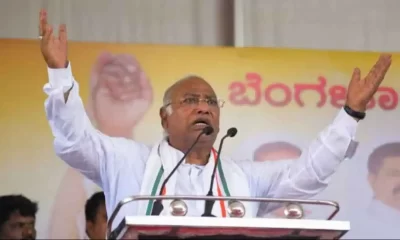
 2024 Lok Sabha Elections22 hours ago
2024 Lok Sabha Elections22 hours agoMallikarjun Kharge vows to continue politics till his last breath to defeat BJP
-

 Entertainment23 hours ago
Entertainment23 hours agoMadhuri Dixit, Karisma Kapoor recreate Dil To Pagal Hai dance battle on Dance Deewane
-
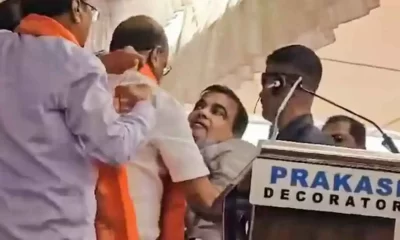
 2024 Lok Sabha Elections22 hours ago
2024 Lok Sabha Elections22 hours agoNitin Gadkari says he’s better now after collapsing at election rally in Maharashtra’s Yavatmal
-

 Education3 hours ago
Education3 hours agoFarmer’s son Nilkrishna Gajare Nirmalkumar from Maharashtra scores 100 NTA score in IIT-JEE Mains 2024
-

 Entertainment4 hours ago
Entertainment4 hours agoBollywood stars Salman Khan, Alia Bhatt, Rekha, Sonakshi Sinha, Aditi Rao Hydari attend Sanjay Leela Bhansali’s Heeramandi premiere
-

 India News6 hours ago
India News6 hours agoTamannaah Bhatia summoned in illegal IPL streaming app case, to appear before cyber cell on April 29
-

 Cricket news6 hours ago
Cricket news6 hours agoIPL 2024: Rishabh Pant, Axar Patel score half centuries as Delhi Capitals beat Gujarat Titans by 4 runs

